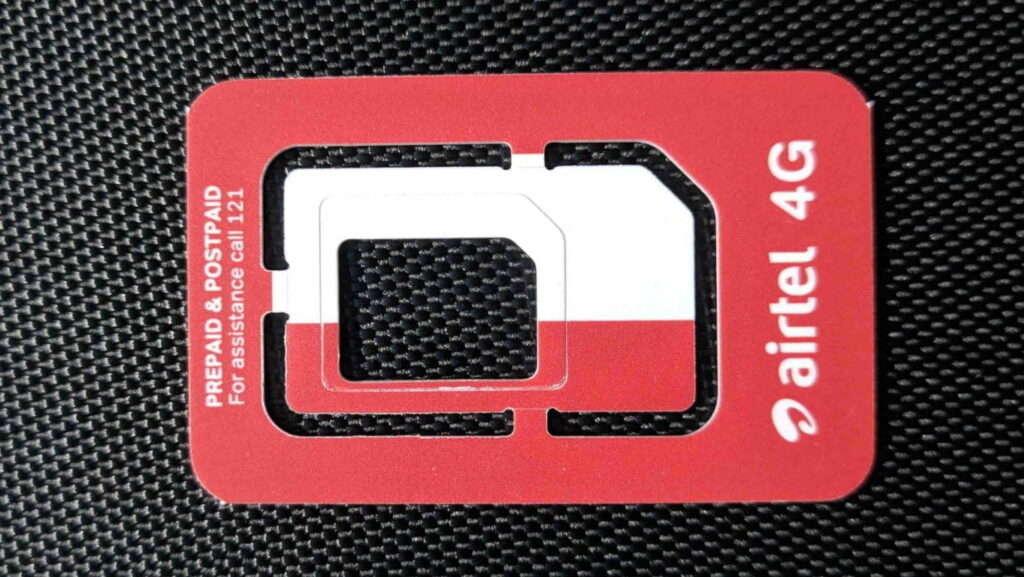Bharti Airtel in its response to Telecom Regulatory Authority of India (TRAI) Consultation Paper on “Reforming the Guidelines for Transfer/Merger of Telecom Licenses” said that the existing M&A guidelines don’t deal with all type of transactions and that there was an urgent need to seriously review it to deal with all the situations.
Airtel’s response which was accessed by OnlyTech, further stated that the policy needs to be relooked simply for the reason that in all the cases, the merging entities have been forced to seek relief from various Courts against many provisions of the merger guidelines, either before or after the merger which has led to numerous litigations in the telecom sector.
It said that there was a need for the merger & acquisition policy to be simplified to enable faster merger approvals and to allow the process to be more seamless.
On reforms required to simplify the process, Airtel said that since DoT is already part of NCLT proceedings, the merging entities shouldn’t be required to approach DoT separately for its approval and the approval of DoT should be a part of the NCLT merger/demerger process.
Submitting that the whole process of clearance of dues is quite cumbersome and leads to significant delays in the merger process, Airtel said that since all the liabilities of the Transferor Company are generally transferred to the Transferee Company there was no reason in asking for clearance of dues by DoT.
It proposed that the DoT not ask for clearance of outstanding dues and incase if it is to be cleared then the same should be for a fixed date on which the dues are required to be cleared and that should be prior to the final approval of the merger by the NCLT. It also proposed that all DoT objections should be raised once and not on multiple occasions.
On the requirement of a bank guarantee towards the outstanding demand of one-time spectrum charge in respect of transferee company, Airtel said the demand was unreasonable on account of the fact that DoT asks the merging entities to provide bank guarantees in respect of amounts that have been stayed by a court of law. It proposed removing the said requirement from the guidelines.
It also said that the Clause No. 3(b) should be amended to clarify that the time spent in pursuing any litigation on account of which the final approval of a merger is not being granted by the DoT or any other authority, stands excluded while calculating the aforesaid period of one year.
On mandatory provisioning of access to MVNOs, Airtel said that it didn’t agree with it and that there are clauses related to spectrum and market share (both subscriber and revenue) cap for mergers so the apprehensions raised by MVNOs are baseless. It believes that MVNOs should be allowed to get access on the basis of commercial terms, and given the availability of more than one service provider, the market dynamics should allow for the terms to be equal.
On changes required to the provisions of UL, Airtel said that transfer pursuant to the scheme of demerger/merger is not the only method available for the transfer of an undertaking by a company and various legislations. It suggested Companies Act, Securities Law, Tax laws among methods of transfer of business which should be permitted by DoT.
In its ending comments, Airtel recommended that the merger guidelines for other service authorizations such as NLD, ILD, VSAT, ISP, etc. may also be issued. It also said that the merger guidelines should also be specified for the merger/demerger of one MNO and MVNO, MVNO and MVNO while ensuring that it does not violate other provisions of the license agreement such as cross-holding between MNO and MVNOs.
Given the mergers and acquisitions over the years have been marred by litigations, it said that the litigation must be reduced and completed quickly so as to allow for the merger and acquisition to proceed swiftly.








